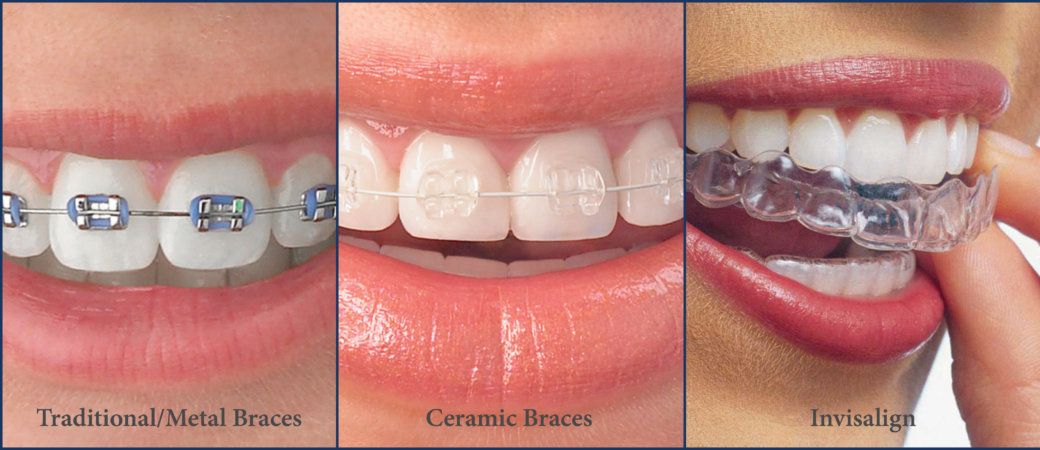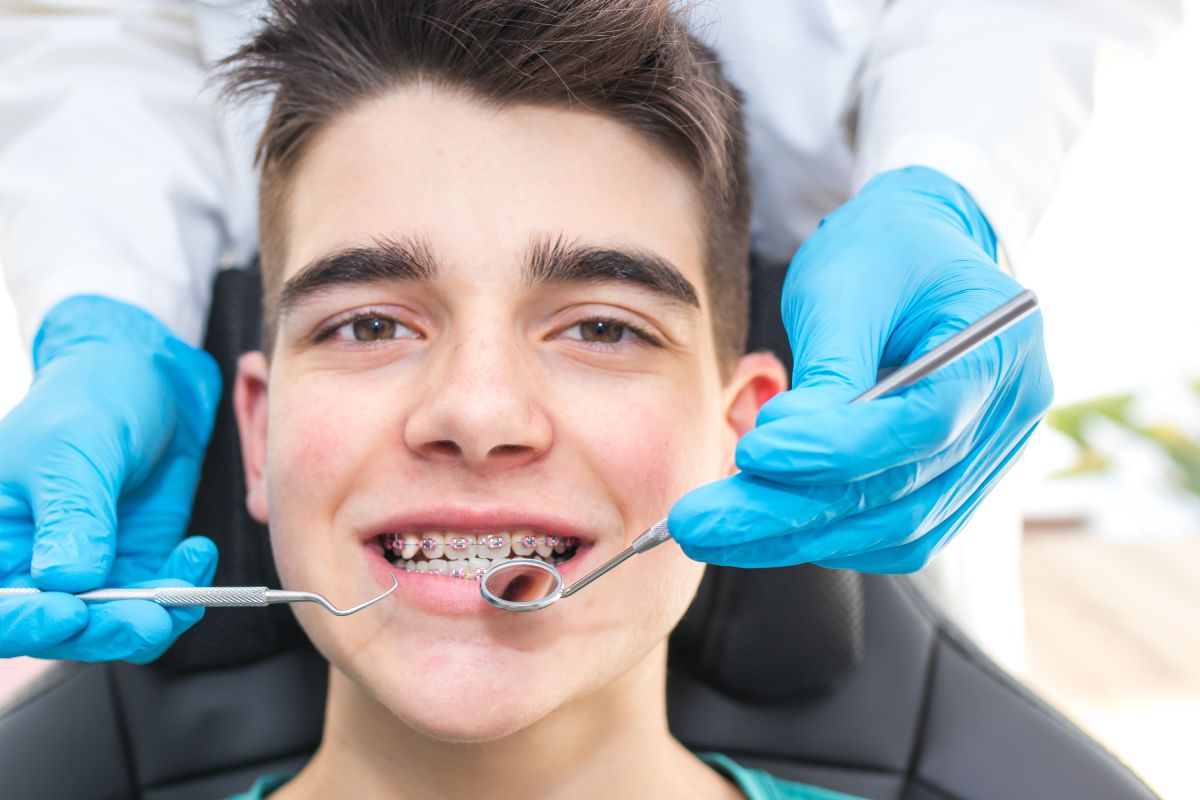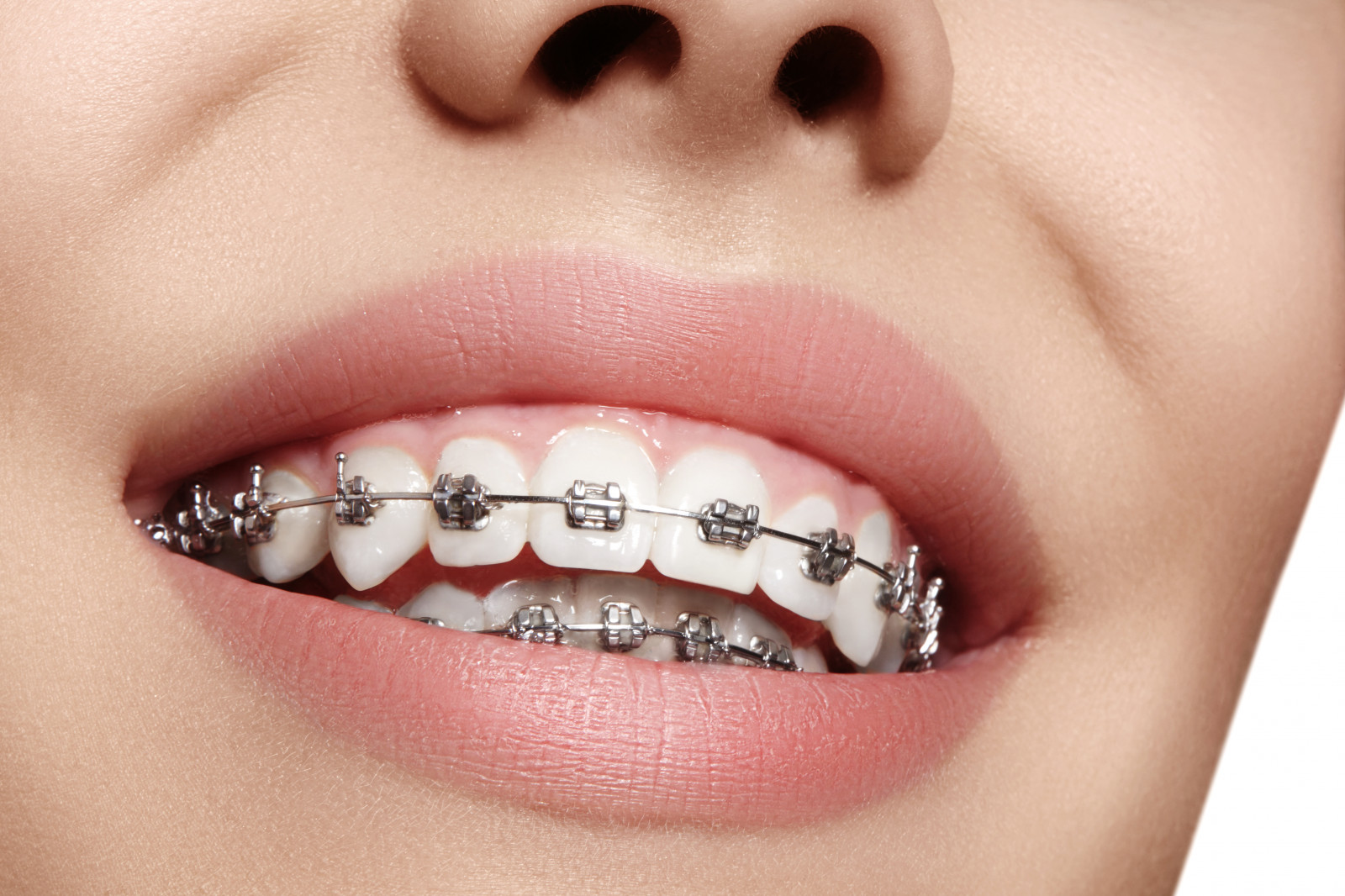Causey Orthodontics - Questions
Causey Orthodontics - Questions
Blog Article
The Ultimate Guide To Causey Orthodontics
Table of ContentsThe 25-Second Trick For Causey OrthodonticsThe smart Trick of Causey Orthodontics That Nobody is DiscussingCausey Orthodontics for DummiesRumored Buzz on Causey OrthodonticsGet This Report about Causey OrthodonticsCausey Orthodontics Fundamentals ExplainedHow Causey Orthodontics can Save You Time, Stress, and Money.
What is the difference in between a dental professional and an orthodontist? To address a question that is frequently asked, both dental practitioners and orthodontists aid clients get far better oral health and wellness, albeit in various methods. It helps to bear in mind that dental care is an instead wide science with various medical specializations. All dental experts, including orthodontists, deal with the teeth, gums, jaw and nerves.
Orthodontists and dental professionals both give oral look after patients. Orthodontists can work in an oral workplace and offer the exact same therapies as other dental practitioners. So you can assume of both doctors who deal with gum tissue and teeth troubles. The primary difference is that ending up being an orthodontist calls for a specific specialty in treating the imbalance of the teeth and jaw.
The Buzz on Causey Orthodontics
An orthodontist is a dentist that has gone through training to specialize in the diagnosis, prevention and treatment of irregularities in the jaw and teeth. Their training consists of dealing with these existing conditions. They can additionally recognize possible issues in teeth positioning that might create when conditions are left without treatment. Orthodontists can assist people of every ages.
This includes all the essential education to become a basic dental expert. According to the American Pupil Dental Association (ASDA), it means you will require to have either a Physician of Medicine in Dentistry (DMD) or a Physician of Oral Surgery (DDS). Simply put, orthodontists need to complete oral college and after that get an orthodontics specialized education and learning.
Some orthodontists also get their masters in craniofacial biology. These programs focus on two particular areas or disciplines: Dentofacial Orthopedics: This research study concentrates on leading teeth and jaw growth.
The Ultimate Guide To Causey Orthodontics

 The total objective of an orthodontist is to enhance a person's bite. Not everyone is birthed with straight teeth, and an orthodontist will guarantee that people obtain evenly spaced straight teeth.
The total objective of an orthodontist is to enhance a person's bite. Not everyone is birthed with straight teeth, and an orthodontist will guarantee that people obtain evenly spaced straight teeth.
The Greatest Guide To Causey Orthodontics
The American Organization of Orthodontists suggests your first check up by age 7. You'll require to see your orthodontist if you have an imbalance in your teeth, likewise referred to as malocclusion. If you notice irregular bite patterns, a somewhat irregular jaw, or when your teeth are jammed, you will likely need orthodontic therapy.
At Advanced Orthodontics, we offer individuals with a all natural treatment experience. In enhancement, we provide adjustable therapy schedules, versatile payment alternatives and an enjoyable, pleasurable experience. Phone call ( 480) 357-4900 today for even more details and timetable a visit.
An orthodontist is a dental expert educated to detect, avoid, and treat teeth and jaw abnormalities. Orthodontists function with people of all ages, from youngsters to adults (https://www.weddingbee.com/members/causeyortho7/).
Some Known Incorrect Statements About Causey Orthodontics
Malocclusion, or misaligned teeth, can cause oral concerns, including dental caries, periodontal condition, and challenging or excruciating eating. Not every person is born with straight teeth. If you have a negative bite or big rooms between your teeth, you might intend to get in touch with a dental expert focusing on orthodontic treatment.
(Photo Credit Score: DigitalVision/Getty Images) Orthodontists utilize taken care of and detachable oral gadgets, like dental braces, retainers, and bands, to alter the position of teeth in your mouth. Orthodontic treatment is for dental irregularities, consisting of: Crooked teethBite problems, like an overbite or an underbiteCrowded teeth or teeth that are also much apartJaw misalignmentThe goal of orthodontic treatment is to enhance your bite.
8 Easy Facts About Causey Orthodontics Explained

, yet not all dental experts are orthodontists. They focus on two areas: How to appropriately and securely relocate teeth Just how to correctly assist growth in the teeth, jaw, and faceOnce an orthodontist has actually finished training, they have the option to become board certified.
Malocclusion leads to tooth overcrowding, a misshapen jaw, or uneven bite patterns. Malocclusion is typically treated with: Your orthodontist affixes steel, ceramic, or plastic square bonds to your teeth.
Getting The Causey Orthodontics To Work
If you have just small malocclusion, you may be able to utilize clear dental braces, called aligners, rather than traditional dental braces. Some individuals need a headgear to aid relocate teeth into line with stress from outside the mouth. After dental braces or aligners, you'll need to use a retainer. A retainer is a customized device that keeps your teeth in position.
Report this page